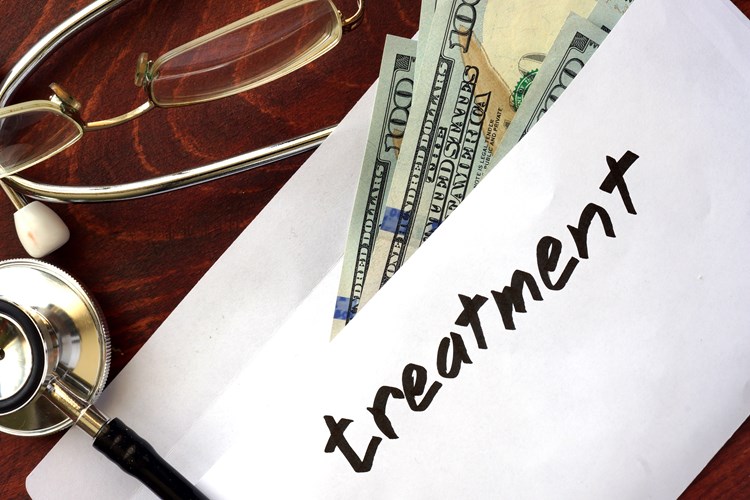The increasing cost of cancer therapies
Every cancer patient, and indeed every cancer, is different. It is becoming more and more apparent that just because two tumours arise from the same tissue or organ, it does not mean that they are the same or should be treated with the same drugs. It is therefore crucial that the molecular signatures of cancer are investigated and used to their full potential, to enable effective medical treatment. However, all the required genomic and molecular tests cost money, and the targeted treatments themselves can be very expensive. Who pays for these life-extending treatments?

For example, as we have already discussed, in breast cancer there are Estrogen Receptor positive and negative tumours, and HER2 positive and negative tumours. The presence or absence of these proteins will define the patient’s treatment. Similarly, not every patient with lung cancer is the same: some will have tumours with an EGFR mutation that makes them likely to respond to tyrosine kinase inhibitors; other patients will not present with this mutation so will be treated differently. Not all AML patients respond similarly to standard treatments. It is therefore crucial that the molecular signatures of cancer are used to their full potential, to enable a stratified medical approach.
However, all these genomic and molecular tests cost money, and the targeted treatments themselves can be very expensive. So, despite the fact that diagnostic tests and targeted therapies exist, it might be that they are not available to everyone as a result of the financial cost. You might expect that a cancer patient should be entitled to the best treatment options regardless of where they live, but unfortunately this is not always the case. Sometimes the novel therapies are too expensive and local healthcare systems are unable to cover the cost of treatments.
The following articles, which you may wish to read, illustrate these financial problems:
Cancer drugs fund cuts 23 treatments.